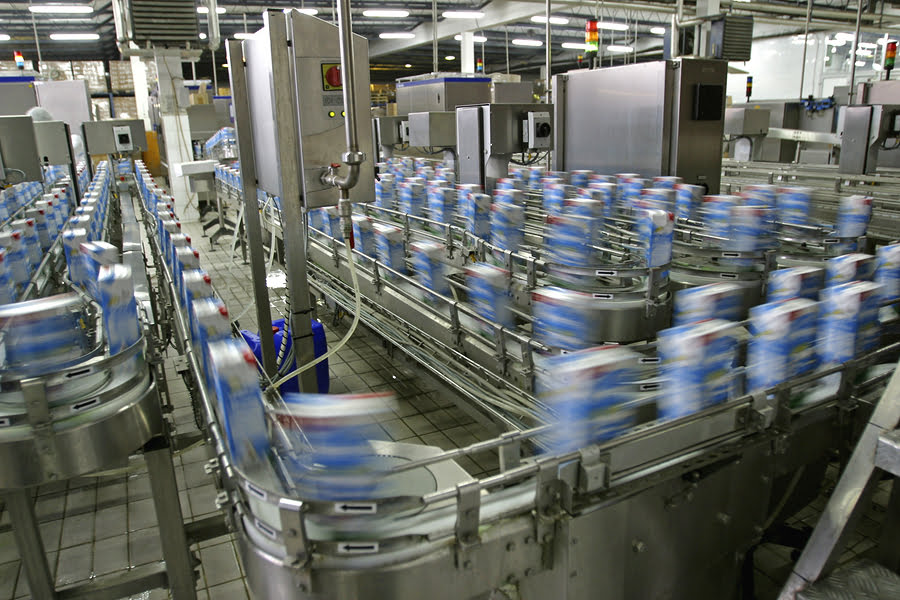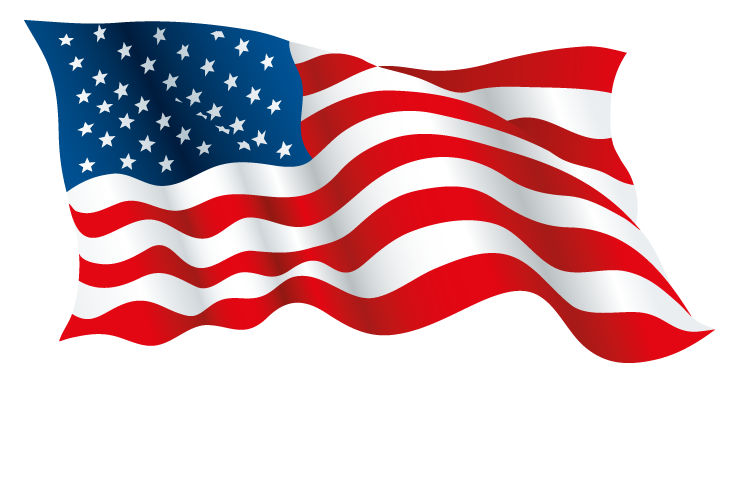What Are the Requirements for Enclosure Air Conditioners in a Food Processing Plant?
Enclosure air conditioners are used in a variety of environments across a broad range of industries, each of which has its own unique requirements. Failing to recognize the environmental conditions to which an electrical cabinet and its cooling system will be exposed can result in equipment failure, employee downtime, lost inventory, and potentially less revenue.
In the food processing industry, enclosure air conditioners must be able to withstand relatively harsh conditions in order to reliably protect the electrical components in the cabinet. Understanding these requirements before you purchase a new cooling system will help ensure that you maintain the desired temperature in the enclosure and get the best return on your investment.
Enclosure Air Conditioners for Food Processing
Some of the factors to consider when selecting enclosure air conditioners for the food and beverage processing industry include:
- Cleanliness – When machinery is regularly washed down with water or chemicals, it is important to make sure your electrical enclosures are fully protected from both liquid and corrosive materials. NEMA Type 4X air conditioners are designed to withstand just these types of harsh conditions. Air conditioner housings that have smooth welded seams and sloped tops minimize the chance for bacteria or mold accumulation.
- High temperatures – If an electrical enclosure is located in an area that is subject to high heat from ovens, your cooling system must be able to handle the extra heat load from these external conditions. Factor this in when you perform the initial BTUH calculations.
- Accessibility – Some food processing applications include areas where personnel have limited access. When this is the case, make sure your enclosure cooling system has programmable controls, high temperature alarms, and remote monitoring capability so you can keep an eye on your valuable assets.
- Footprint – In facilities with limited room, a Compact Series or Narrow
–Edge air conditioner with a smaller footprint is a good option for freeing up valuable floor space. - Airborne particles – Food processing environments that have a lot of airborne particles such as flour or powdered sugar can impact the efficiency of an enclosure cooling system because air filters become clogged more quickly. Be sure to regularly check air filters and clean or replace them as necessary. You might also want to consider an extended surface filter option to increase the filtration capacity of the system.
If you are evaluating enclosure air conditioners for food processing applications, talk to the experts at Thermal Edge. We have experience in the food and beverage industry and can help you decide which cooling unit is right for your needs. Schedule a consultation today to get started.


